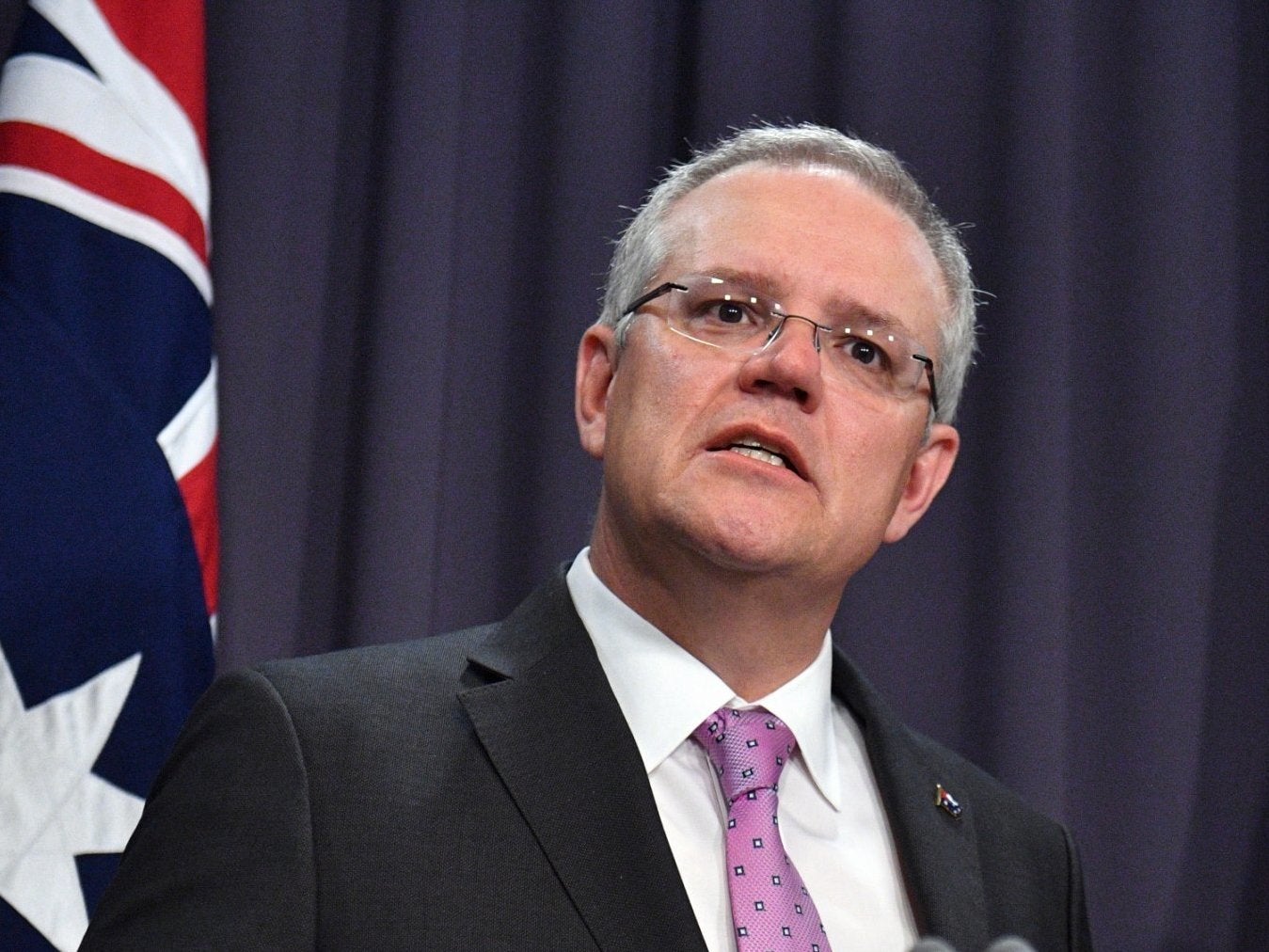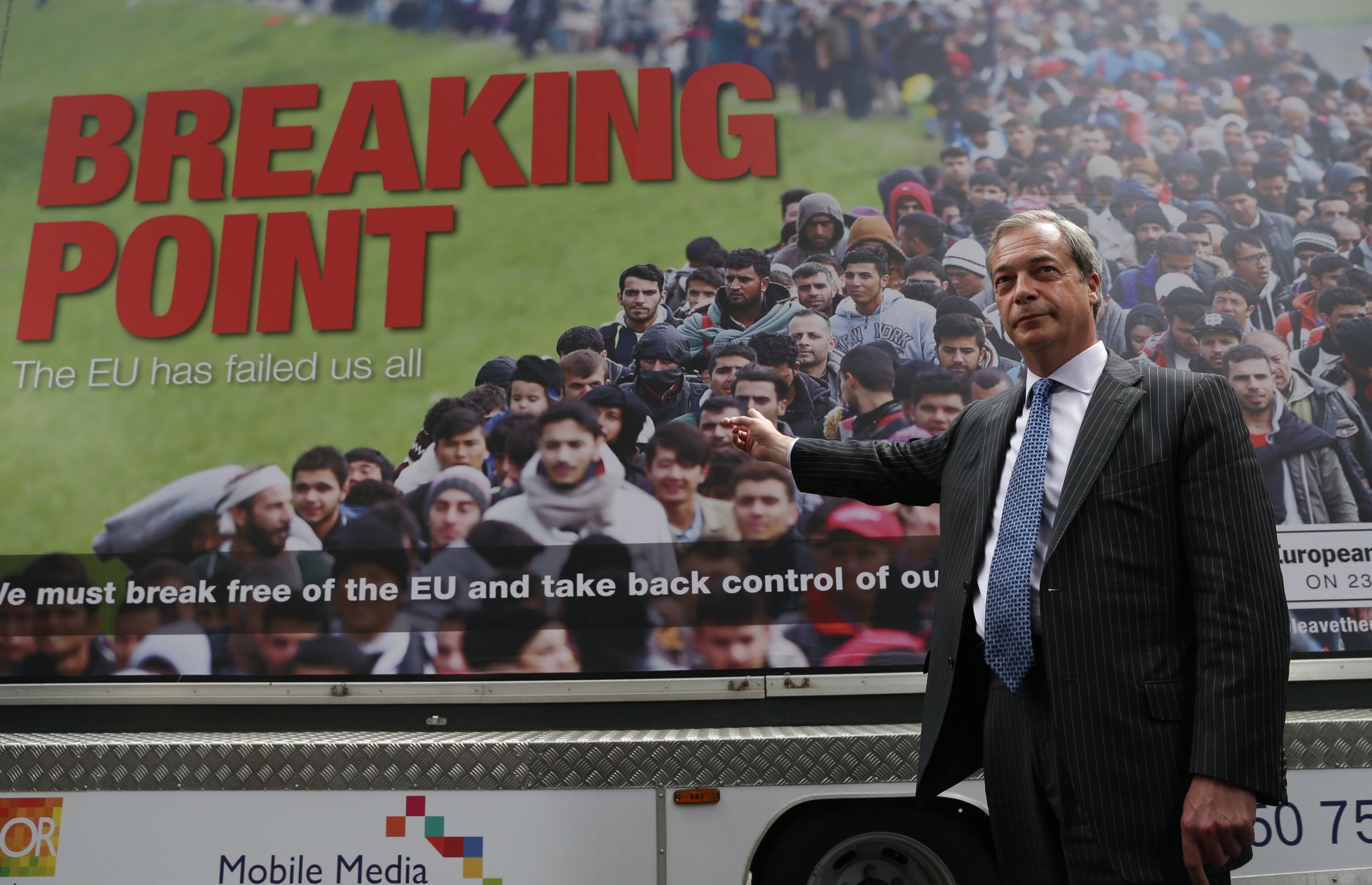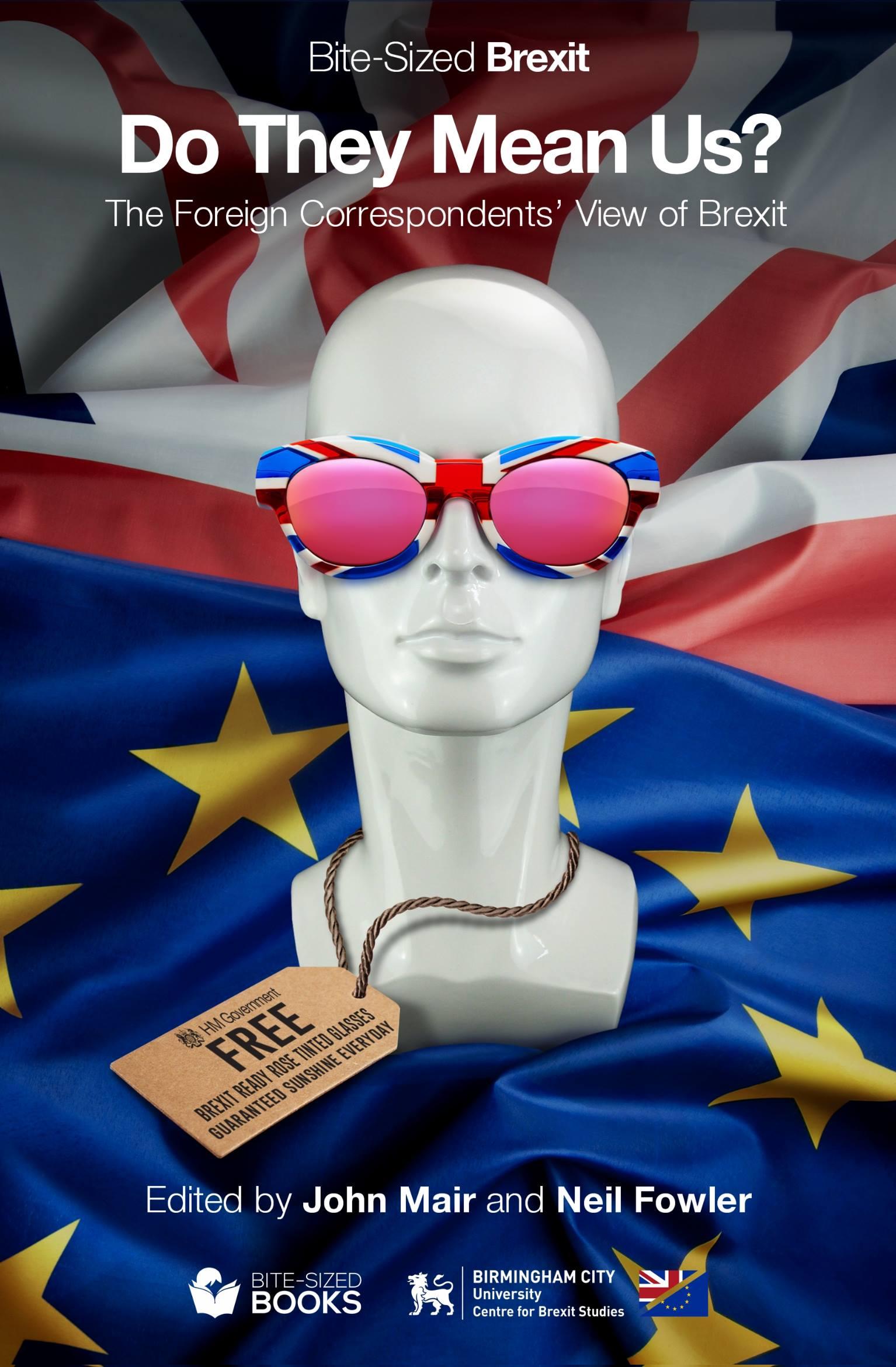The Australian view on Brexit: ‘What’s in it for us?’
Australians have had their fair share of political turbulence in recent years but, as Nick D Miller explains in a new book ,'Do They Mean Us?', many Down Under simply cannot understand Britain's act of self-sabotage

In Liverpool, a month or so after the Brexit referendum vote, I tried that old foreign correspondent standby: interrogate a taxi driver.
“How did you vote?” I asked. “Brexit, no question,” he said, emphatically, with a challenge implicit in his voice. “Why?” I replied. He told me he had once picked up a distressed woman from a nightclub, late at night, and she told him she had just been sexually assaulted by a north African immigrant.
After taking a few moments to digest this, I asked the obvious question: “But what’s that got to do with Brexit?” He had barely begun answering before he accidentally drove through a red light, triggering a camera flash. This was going to cost him.
For an Australian, getting to understand Brexit has been a process of getting to understand the English.
I had a slight advantage on some of my compatriots. I was born in England, though my family moved to seek sun, sand and work after the winter of discontent in 1978-79 when I was a child. I retain enough Englishness (and English relatives) to appreciate the lingering distrust of the continent and its people, the instinctive rejection of the post-war plan for all Europe to join in an ode to joy and brotherhood.
Europe, I understood, has always been a market to the British, not a project. And that’s why, when my editors in Australia queried the prospect of Brexit in disbelief, I assured them it was a very real chance.
From down under it looked like a pointless act of self-sabotage. Australia is one of the world’s biggest fans of trade deals. As a self-aware “middle power”, we know that we prosper through alliances.
We have few empire romances to fall back on (though we have the Commonwealth; more of that later). We instinctively seek to draw ourselves closer to our neighbours, friends and trading partners through deals and forums.

The sight of a country deliberately throwing away a close, mutually beneficial partnership, wilfully damaging its economy and influence on a point of cultural principle, was a surprise.
Fascinating drama
From the start there was an immediate interest from our readers – reflected in the below-the-article arguments and in article click-throughs. I soon found myself writing seemingly endless updates, analysis pieces and weekend news reads on this technical, political spasm on the other side of the world.
In the pre-Trump era Brexit was the international focus for a global trend: the rise of nationalism, the disillusionment with globalism, the fear of “uncontrolled” migration. These factors have been playing out in Australia too, though with different timing and emphasis. We managed to make it through the financial crisis more or less unscathed, so the economic triggers for Brexit were alien to us, or at least less relatable.
Australian salaries are high and public services pretty robust. But our housing availability/affordability bubble is as bad as Britain’s, with similar knock-on effects for quality of life. Our migration “crisis” came in 2001, with a surge in the numbers of asylum seekers trying to reach Australia by boat.
Our then centrist, populist prime minister John Howard seized the moment to proclaim: “We will decide who comes to this country and the circumstances in which they come.”
It was a resonant phrase. Like the best political slogans it was impossible to argue with, defending controversial politics with impenetrable rhetoric. When Australians heard the Brexiteer slogan “take back control” we immediately recognised what was going on.
Australia hopes to be the first cab off the rank for a post-Brexit free trade deal. We’ve a lot of recent experience in getting them done fast
David Cameron could have taken a leaf from Howard’s playbook. When Howard was confronted with an irresistible push for a referendum in the late Nineties (on Australia becoming a republic, which Howard strongly opposed), he responded with a process ingeniously designed to undermine it: first, a national convention to agree on a model that was inevitably going to be a compromise nobody liked, then a vote in which half the people who wanted a republic would vote against it because it wasn’t the republic they had imagined.
Sadly, Howard didn’t offer this advice or Cameron didn’t seek it.
Reading tea leaves
So the campaign began. As a foreign correspondent I rarely had to report the daily tennis match. This avoided much of the problem faced by domestic media: the failure of “he said, she said” journalism when confronted with daily exaggerations and concoctions from campaigners, and the rejection of expertise. Instead, my editors wanted to know what was driving public opinion. Not quite a forecast of the result, but understanding of, whichever way it fell, why it had fallen that way.
My initial theory was that it would shake out much like the 2014 Scottish referendum. It was to be nationalistic passion and vague promises of future benefits, up against a well-organised steamrolling campaign of warnings about the inevitable costs and risks.
I leaned towards the theory of one YouGov pollster, who told me: “In the ballot box [voters] will give consideration to the wider implications: your pension, your job and your prospects of employment. “That’s when reality starts to bite and this ephemeral quality of sovereignty and patriotism gets trumped by, quite frankly, ‘f*** me, I’m going to lose my job’.”
The sight of a country deliberately throwing away a close, mutually beneficial partnership, wilfully damaging its economy and influence on a point of cultural principle, was a surprise
But then I met an insightful Brussels thinktank chief, whose depressing logic completely changed my mind. Fabian Zuleeg told me the above theory was “plausible… but not one I believe in”. He asked the simple question: “Who’s going to campaign against Brexit?”
Business would be reticent, worried about spooking shareholders. Much of the media were scathingly Eurosceptic. Trade unions were never really on board with the EU. Labour was divided. Cameron was on the nose with voters and had for years (like many of his colleagues) used the EU and immigration as a political punch bag.
On the other side were figures like Boris Johnson and Nigel Farage: stump speakers with mass appeal. I’d met Farage. I understood why he was political catnip. “It’s quite frightening,” the thinktank chief said. “If you look at the general attitudes towards migration (in the UK) it’s intensely negative and I think this is going to drive a lot of this agenda.”
Australia’s view
For an Australian to lecture the UK on political self-harm is, of course, the height of hypocrisy. We’ve changed prime ministers six times in the past 11 years, only twice as the result of an election, and we’re quite likely to do it again in 2019.
And if any country is going to sympathise with a nation torn by an endless debate over migration, it’s Australia. On the eve of the referendum, though, then prime minister Malcolm Turnbull channelled the mood of much of our country: bemused tolerance. “If the British people, in their wisdom, decide to stay in the European Union then we would welcome that,” he said a month or so ahead of the vote.
There was self-interest too, Turnbull said. Australian businesses like to base in the UK and take advantage of access to the EU. And Australia as a member of the Five Eyes group, sharing intelligence with the UK, felt from a security point of view it was “an unalloyed plus for Britain to remain in the EU”.
Then came the vote. “We respect the wishes of the British people,” Turnbull said afterwards. Rather optimistically, he added: “I have no doubt that in due course, the British government will negotiate a satisfactory departure from the European Union.”
Privately, he held a different view. After being deposed, at a private speech in November 2018, Turnbull said what he really thought. Brexit was a “catastrophe”, he said – a decision “not even understood by the government, let alone by the people. It was absolutely uninformed consent.”
Nevertheless, a significant faction of conservative Australian politics (including the then high commissioner in London) threw itself enthusiastically behind Brexit. Since the vote, then, our official attitude has essentially been: “Ok, what’s in it for us?”
Most obviously, there’s a trade deal. Australia hopes to be the first cab off the rank for a post-Brexit free trade deal. We’ve a lot of recent experience in getting them done fast. We’re a relatively minor trading partner for the UK (compared with, say, the US), so there’s less at stake and the UK can use us as a kind of training ground before it takes on the ruthless brainboxes from Washington DC.
And there’s the Commonwealth link. Brexiteers imagined Commonwealth ties as a basis for post-Brexit UK’s international identity. Australia is happy to play along with this, especially as Brexiteers seem to think the Commonwealth consists entirely of Australia, New Zealand and Canada.

And, finally, it feels like a historical revenge served cold. When the UK joined the EU it triggered a dramatic change in UK-AU trade. We lost a market, and it forced us to refocus on our region. In a way it was a favour: Australia prospered hugely from its growing ties to the developing economies to our north. But some (especially the older, more Anglophile corner of conservative politics) have never forgotten this slight. When Britain comes begging for post-Brexit favours, it will be a sweet moment indeed.
Nick Miller has been the Europe correspondent for the Sydney Morning Herald and The Age, based in London, since 2013
This essay is extracted from ‘Do They Mean Us? – The foreign correspondents’ view of Brexit’, edited by John Mair and Neil Fowler, published by Bite-Sized Books and also available from Amazon.
Join our commenting forum
Join thought-provoking conversations, follow other Independent readers and see their replies
Comments